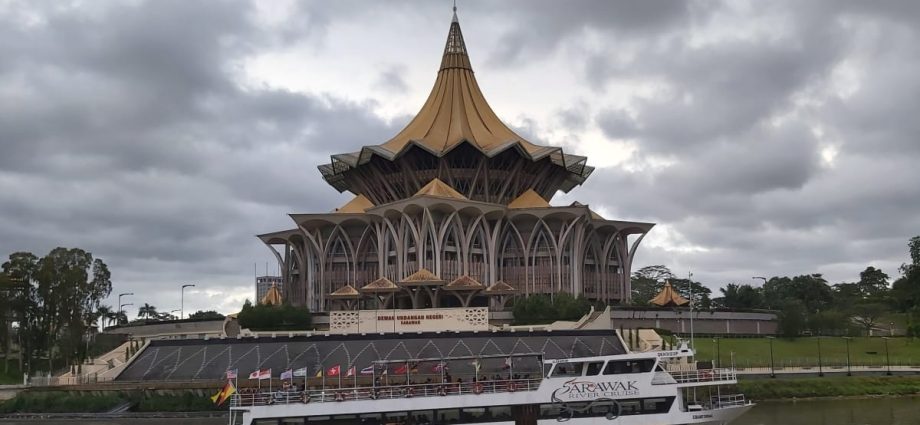
OTHER STATES UNLIKELY TO MIMIC SARAWAK: ANALYSTS
Analysts whom CNA spoke to said that other Malaysian states are unlikely to follow in Sarawak’s footsteps in pushing through contentious or politically sensitive legislation anytime soon due to various factors including a greater prioritisation of racial and religious issues in these states.
UNIMAS’ Dr Puyok told CNA that Sarawak, unlike the other states in the peninsular, “is different as it is a multiracial and multireligious state” and is thus not preoccupied with racial and religious issues.
Echoing this, Dr Oh Ei Sun, a senior fellow with the Singapore Institute of International Affairs, commented that other states, particularly those led by the opposition coalition Perikatan Nasional (PN), have other issues to focus on.
“Other states typically follow the federal government’s lead. And the PN states are concerned with religious rather than socioeconomic enactments,” said Dr Oh.
The opposition PN currently leads four out of 13 Malaysian states, namely Perlis, Kedah, Kelantan and Terengganu.
Dr Oh also noted that the “daringness” of Sarawak chief minister Abang Johari Openg was needed for the passing of the two landmark Bills.
“The chief minister is apparently quite daring, a trait which he did not exhibit before he (took on his role),” noted Dr Oh.
Mr Abang Johari assumed the position of Sarawak chief minister in 2017.
Prior to this, from 2016 to 2017, he was the state deputy chief minister and concurrently helmed Sarawak’s Tourism, Arts and Culture ministry as well as the Housing and Urbanisation ministry, both of which he had previously led during his political career. He was also the state Minister of Industrial Development from 1987 to 2000.
Dr Oh said that Mr Abang Johari’s boldness could be attributed to the need to garner support amid a decline in the state’s resources.
“As Sarawak’s traditional resources such as timber that have kept the state afloat are going downhill, a new narrative is needed to persuade people to support him,” he told CNA.
Noting a positive outlook for Sarawak, Dr Puyok commented that the state is making headway toward its development through the implementation of progressive measures.
“Sarawak will push for more pro-business and tech-focused policies without waiting for approval from the federal government, given its desire for greater autonomy,” he said.
Separately, he told CNA that the neighbouring state of Sabah is attempting to emulate Sarawak but is failing to do so, particularly as its politics is susceptible to federal interference.
He noted that unlike in Sarawak, national parties remain relevant in Sabah and can affect local politics.
Sabah Bersatu and Sabah UMNO continue to have substantial grassroots support throughout Sabah, he added.

